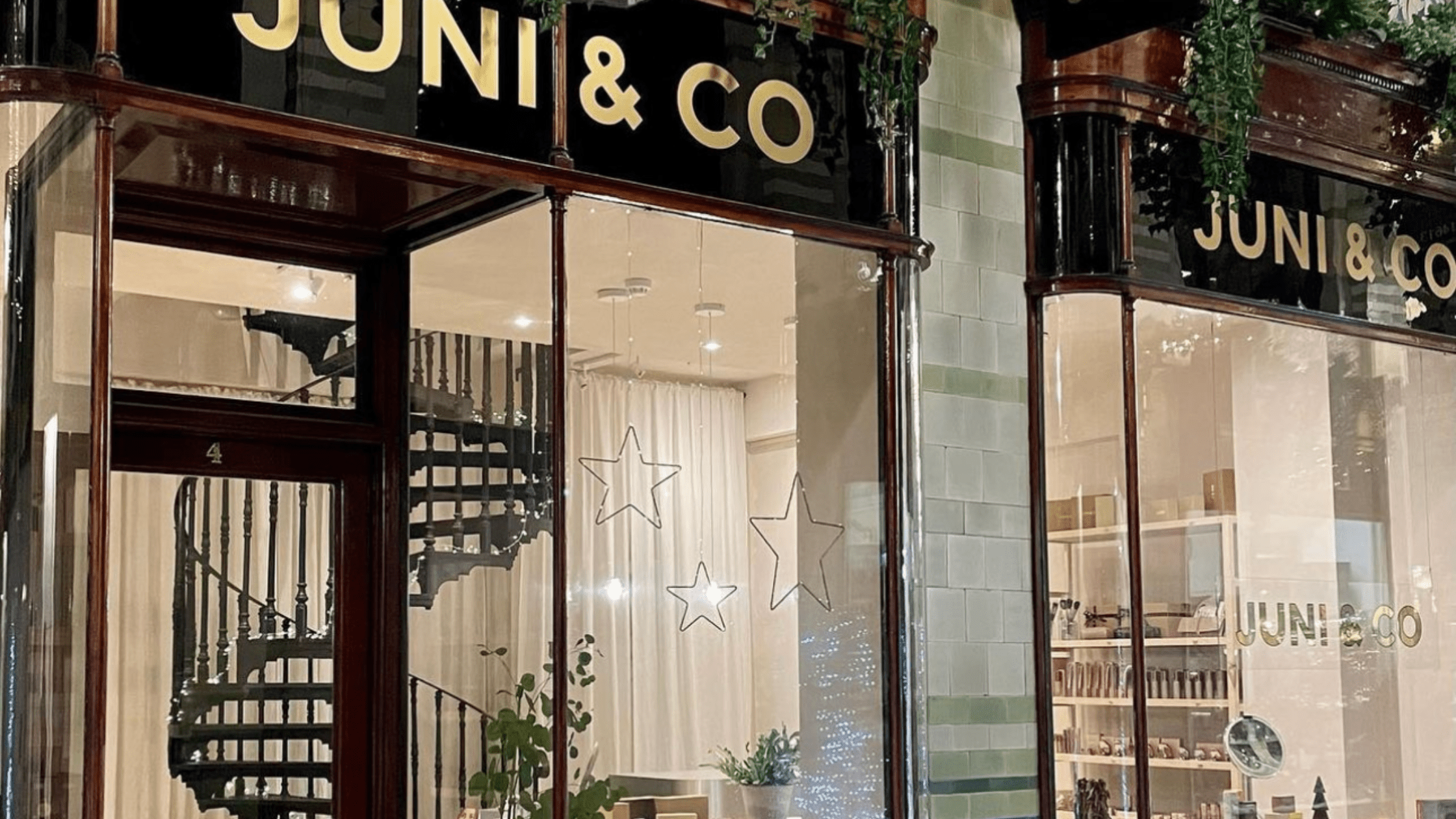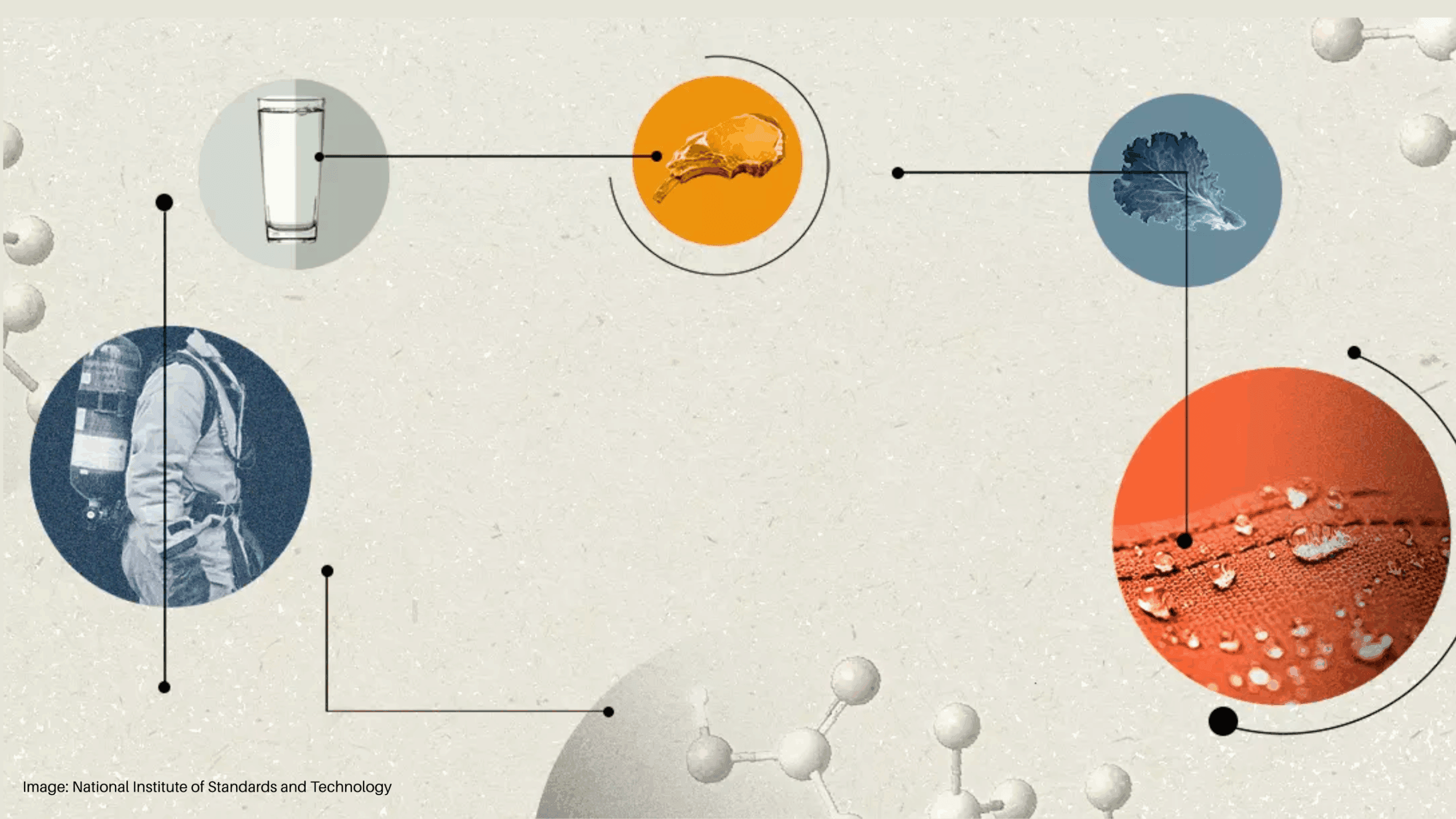The UK beauty industry is characterised by innovative indie brands and cutting-edge business plans. This Small Business Saturday, we spoke with just two of the thousands of SMEs carving a path in the beauty landscape
There are 5000+ beauty brands operating in the UK, 95% of which are SMEs. Jointly, they employ over half a million people, 88% of whom are women and 1 in 5 who are under the age of 25. In total, this beauty industry generated £7 billion pounds contribution to the exchequer. Impressive, right?
With this in mind, we put a call out on socials to meet with founders of British beauty SMEs and we took some time out of Small Business Saturday to talk about how varying brands are navigating the noisy, exciting and ever-growing beauty world.
Disruptor London and Juni & Co are both skincare brands that were launched in the pandemic. Below, you’ll find out how they weathered Covid-19, the founder’s current key challenges and their top tips.
Disruptor London
The shampoo bar market is forecast to be valued at $17m by 2025. One London-based brand founder who is making his mark on the waterless washing world is Sira Dheshan Naidu, the man behind Disruptor London. He says: ‘We offer people efficacious products that are plant-based, made from naturally derived and upcycled ingredients, that fit into their lives, not the beauty industry’s traditional regimes.’
With a background in chemical engineering which he then applied to 20 years of experience corporate beauty space, Naidu has helped conglomerates and independent brands scale their offerings to international markets.
View this post on Instagram
‘I have a background in chemical engineering and have worked in the beauty industry for nearly 20 years with names like LVMH. I then moved to independent brands and helped them to move into international markets. Then Covid-19 hit, ‘I reflected when the pandemic hit and realised I could do so much more with my skills. At the same time, I was beginning to suffer from scalp issues. So, I decided to start formulating my own haircare products.’
On top of skin sensitivity, plastic waste, water scarcity and responsible consumption are the key drivers of the Disruptor London brand. In line with this, Naidu was successful in winning the Central Research Laboratory Accelerator for its biodegradable packaging innovation.
Naidu says: ‘As a start-up, we have the capabilities in terms of time and ethical investment to push the boundaries, learn and challenge. Due to this, we have come to the conclusion that the solution for us is compostable packaging that circumvents the recycling structure that still sees 88% of packaging in landfill. We have identified materials that can degrade between 45 and 60 days with no intervention.’
On starting a business, Naidu says: ‘Starting a business is hard – funding it and surviving is even harder. It’s important to support small businesses because these are the thought leaders and the change-makers in the industry. If 95% of beauty businesses are SMEs and we are all doing things to affect wider change, we can succeed.’
Juni & Co
‘Founder’s stories are what makes small businesses important,’ starts Madeleine White, Founder and CEO of Juni & Co. She goes on: ‘Customers are able to relate to this when they make a purchase and are more likely to receive a specialised product rather than something that has been formulated to meet a mass market or trend.’
Now a bricks-and-mortar beauty concept store in Norwich’s Royal Arcade, Juni & Co began in 2020 as an e-commerce lipcare brand with products designed to treat sensitive lips. Although online selling was going well at this time, White cites that meeting sales targets was tough due to how ‘noisy the online space is’.
View this post on Instagram
An IRL-shopping space wasn’t originally on the cards but when the former makeup artist was first invited to the Arcade she knew it would become more than just a store. With the shelves hosting products from 19 indie brands, aestheticians on hand to provide expert advice, and skin health checks available daily the store is a unique space that drives sales via customer experience.
White’s seemingly business journey hasn’t come without it’s difficulties. ‘In terms of product development, high order quantities are a bit of a stumbling block. Although we can work in lower numbers due to bespoke packaging it pushes costs up, it’s a ying-yang situation.’
White continues: ‘In terms of the physical space, marketing ourselves has been the most tricky thing. So far, all of our customers have come from word-of-mouth or recommendations but marketing ourselves to a wider audience is harder as we are up against big budgets.’




